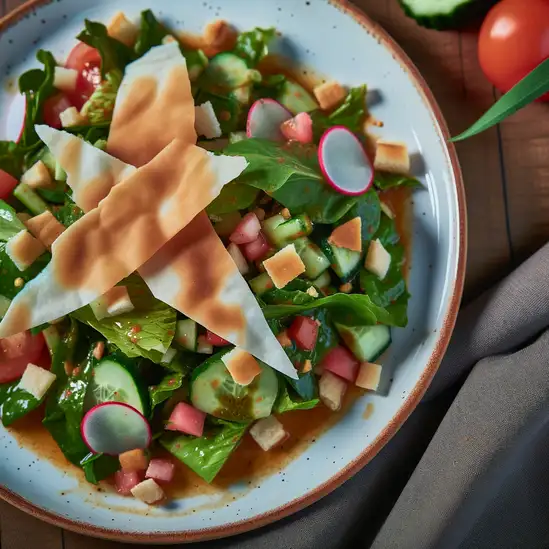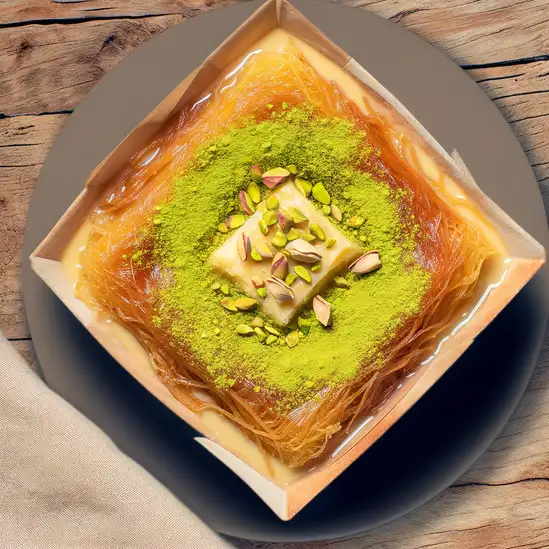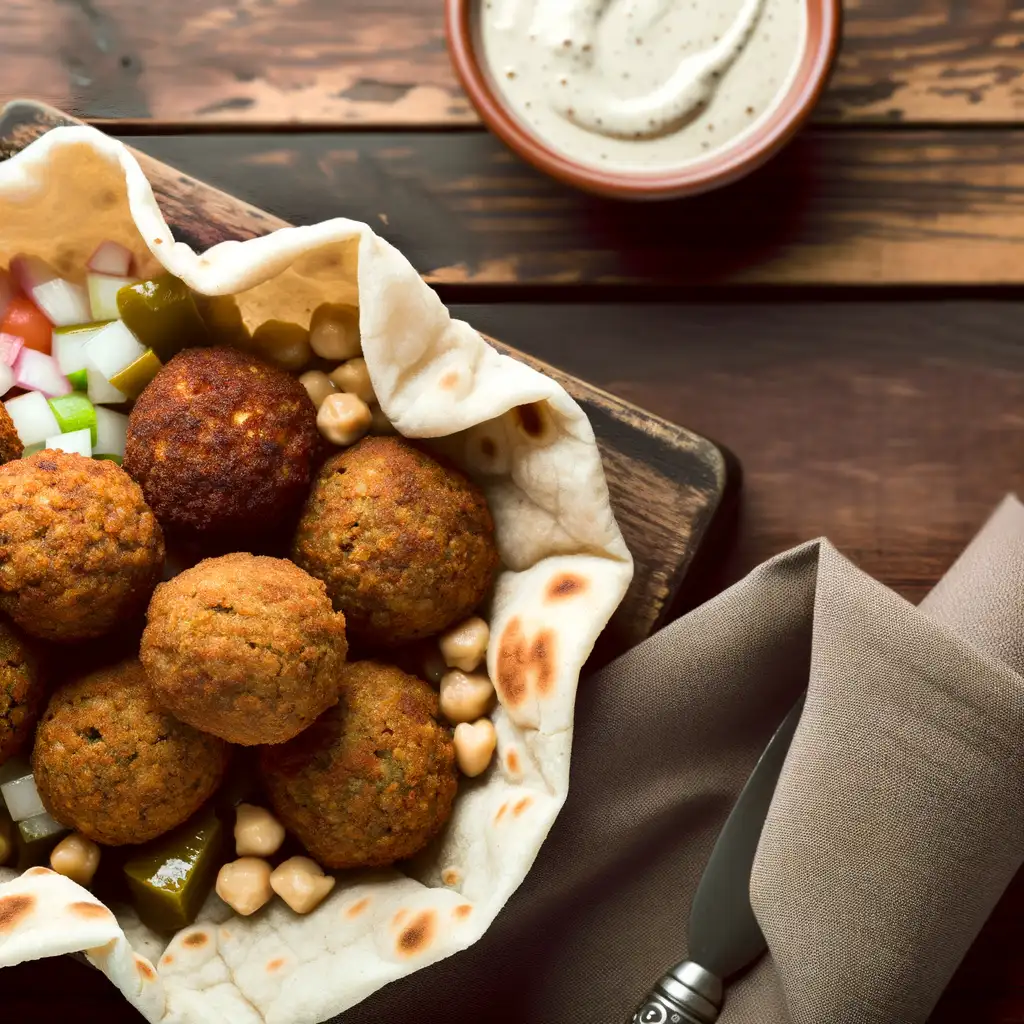



If you ever find yourself wandering through Jordan,Petra is the kind of place that grabs you by the heart and doesn’t let go. Walking through the narrow,winding Siq—the dramatic,rose-colored canyon path that leads to the ancient city—feels like stepping into a storybook. The air carries a faint scent of desert earth mixed with the subtle aroma of spices from nearby market stalls,and the soft echo of footsteps and distant chatter creates this almost magical hush. Then,suddenly,the Treasury appears,carved directly into the sandstone cliffs,glowing warmly in the sunlight. It’s breathtaking,not just because of its grandeur but because you can almost feel the hands that shaped it thousands of years ago. Petra isn’t just about the ruins; it’s about the pulse of the place. Bedouin guides share stories with a sparkle in their eyes,their voices weaving history and legend together. At night,the city transforms under a blanket of stars,and the gentle flicker of candlelight from small gatherings invites you to slow down and soak in the desert’s quiet mystery. The taste of freshly brewed mint tea,sweet and refreshing,lingers on your tongue as you sit with locals,feeling the warmth of their hospitality. What makes Petra truly unforgettable is how it blends the ancient with the living. It’s a place where history isn’t locked behind glass but lives in the stones,the people,and the wind that sweeps through the canyons. Visiting Petra feels less like ticking off a landmark and more like stepping into a timeless moment you’ll carry with you long after you leave.
The information on this page is currently being reviewed by Tripkliq and should be used as a guide only
Eng word: Hello
Eng pronunciation: Marhaban
Local language: مرحبا
Eng word: Goodbye
Eng pronunciation: Wada'an
Local language: وداعا
Eng word: Thank you
Eng pronunciation: Shukran
Local language: شكرا
Eng word: How much
Eng pronunciation: Kam al-si'r
Local language: كم السعر
Eng word: Toilet
Eng pronunciation: Mirhad
Local language: مرحاض
Eng word: Help me
Eng pronunciation: Sa'idni
Local language: ساعدني
Eng word: Yes
Eng pronunciation: Na'am
Local language: نعم
Eng word: No
Eng pronunciation: La
Local language: لا
Eng word: Excuse me
Eng pronunciation: Afwan
Local language: عفوا
Petra was the capital city of the Nabatean Kingdom, which thrived from the 4th century BC until it became a Roman province in AD 106.
Petra is renowned for its rock-cut architecture, with structures like the Treasury (Al-Khazneh) and the Monastery (Ad-Deir) carved directly into the rose-red sandstone cliffs.
In 1985, Petra was designated a UNESCO World Heritage Site, recognizing its cultural, historical, and architectural significance.
The Siq is a narrow, winding gorge that serves as the main entrance to Petra. It stretches for about 1.2 kilometers and is flanked by towering cliffs.
The Nabateans were skilled engineers who developed an advanced water management system, including dams, cisterns, and aqueducts, to support their city in the arid desert.
One of Petra's most iconic structures, the Treasury, is believed to have been a mausoleum for Nabatean King Aretas IV. Its elaborate facade is a testament to Nabatean craftsmanship.
The Monastery is one of the largest monuments in Petra, standing at 47 meters wide and 48 meters high. It is thought to have been a Nabatean temple.
After the Roman annexation in AD 106, Petra continued to flourish and saw the construction of Roman-style buildings, including a theater that could seat around 8,500 people.
Petra was largely unknown to the Western world until it was rediscovered in 1812 by Swiss explorer Johann Ludwig Burckhardt, who was traveling in disguise as an Arab.
In Petra, the most common Power Adaptor is Type C, Type F, Type G.







A fresh salad made with mixed greens, vegetables, and crispy pieces of pita bread, often dressed with a tangy lemon and sumac dressing.

A sweet dessert made with thin noodle-like pastry soaked in syrup and layered with cheese or cream, often topped with nuts.

Deep-fried balls made from ground chickpeas or fava beans, seasoned with herbs and spices, commonly served in pita bread with salad.

A traditional Jordanian dish made of lamb cooked in a sauce of fermented dried yogurt and served with rice or bulgur.

A Bedouin-style dish where marinated meat and vegetables are cooked in a sealed underground oven, resulting in tender and flavorful food.

A popular dip made from blended chickpeas, tahini, lemon juice, and garlic, often served with pita bread.

A layered rice dish with meat (usually chicken or lamb) and vegetables, flipped upside down when served, creating a beautiful presentation.
Imagine stepping into a place where the future meets tradition in the most dazzling way—that’s Dubai for you. The moment you arrive,there’s this electric buzz in the air,a mix of ambition and warmth that’s impossible to ignore. Skyscrapers like the Burj Khalifa stretch into the sky,shimmering glass and steel reflecting the golden desert sun,while just a few streets away,you can wander through bustling souks filled with the scent of exotic spices and the chatter of friendly vendors. It’s a city that never feels cold or impersonal,even with its towering modernity.
Walking along the Marina at sunset,you’ll hear the gentle lapping of water against sleek yachts,the distant hum of conversations in dozens of languages,and the occasional call to prayer weaving through the air,grounding you in the city’s rich cultural tapestry. The food scene is a vibrant adventure—imagine tasting freshly grilled shawarma,sweet dates,and rich Arabic coffee,each bite telling a story of the region’s heritage and its global influences.
What really makes Dubai stand out is its fearless spirit. It’s a place where desert dunes meet luxury shopping,where traditional falconry coexists with indoor ski slopes,and where every corner invites you to explore something unexpected. Whether you’re marveling at art installations in Alserkal Avenue or catching the cool breeze on a dhow cruise,Dubai feels alive,inviting you to be part of its ever-evolving story.
Imagine stepping into a place where the sun kisses the desert and the sea sparkles with every shade of blue you can dream of—that’s Sharm el-Sheikh for you. The moment you arrive,there’s this laid-back energy in the air,a mix of warm sea breezes and the faint scent of spices from nearby markets. Walking along the marina,you’ll hear the gentle lapping of waves mingling with the distant chatter of fishermen and the occasional call to prayer,creating a rhythm that feels both timeless and alive.
The city itself is a vibrant blend of cultures,where Bedouin traditions meet modern resorts and lively cafes. You can wander through bustling souks filled with colorful textiles,fragrant incense,and the rich aroma of freshly brewed mint tea. At night,the desert sky unfolds in a dazzling display of stars,and the local music spills out from cozy restaurants,inviting you to savor dishes bursting with flavors—think tender grilled seafood,smoky kebabs,and sweet,sticky baklava.
What really makes Sharm el-Sheikh unforgettable is its connection to nature. Snorkeling or diving in the Red Sea feels like entering another world,with coral reefs teeming with vibrant fish and graceful rays gliding beneath you. Whether you’re exploring the rugged mountains nearby or simply lounging on a sun-warmed beach,there’s a peacefulness here that seeps into your soul. It’s a place where adventure and relaxation dance together,leaving you refreshed and inspired long after you’ve left.
Doha feels like stepping into a vibrant blend of tradition and modernity,where the desert meets the sea in the most unexpected ways. Imagine walking along the Corniche at sunset,the warm breeze carrying the faint scent of spices from nearby souks,while sleek skyscrapers shimmer against the fading light. The city hums with a quiet energy—call to prayers echo softly,mingling with the chatter of locals and the distant hum of luxury cars. It’s a place where the past and future coexist,inviting you to explore both ancient culture and cutting-edge design.
Wandering through the narrow alleys of Souq Waqif,you’ll be enveloped by the rich aroma of frankincense and cardamom,while colorful textiles and handcrafted wares spill from every stall. The lively banter of shopkeepers and the clinking of tea glasses create a warm,welcoming atmosphere that feels deeply personal. Then,just a short drive away,the Museum of Islamic Art stands like a jewel on the waterfront,its architecture as breathtaking as the treasures inside.
What really makes Doha special is its pace—there’s a calm confidence here,a city that’s growing fast but still holds onto its roots. Whether you’re savoring fresh seafood by the water,feeling the soft sand beneath your feet on a desert safari,or simply watching the city lights dance on the bay,Doha invites you to slow down and soak it all in. It’s a place that surprises you,not with loud fanfare,but with quiet moments that linger long after you’ve left.
Manama feels like a vibrant crossroads where tradition and modern life dance effortlessly together. The moment you step into its bustling souks,the air is thick with the scent of exotic spices and freshly brewed gahwa (Arabic coffee),while the chatter of merchants and the clinking of tea glasses create a lively soundtrack. Walking through the narrow alleys,you catch glimpses of colorful textiles and intricate handicrafts,each telling a story of Bahrain’s rich heritage.
By day,the city’s skyline sparkles with sleek glass towers,but just a short walk away,you find yourself wandering ancient forts and quiet mosques,their sandstone walls whispering tales from centuries past. The warm breeze carries hints of the nearby sea,and if you head to the Corniche,you’ll feel the gentle splash of waves as fishing boats bob lazily in the harbor. It’s a place where the old world meets the new,and you can savor both with equal delight.
Food here is a celebration of flavors—imagine biting into freshly grilled hammour fish,seasoned with local herbs,or savoring sweet dates dipped in rosewater syrup. The people are incredibly welcoming,always ready to share a story or invite you to try a traditional dish. Manama isn’t just a city to visit; it’s a place to experience,where every street corner hums with life and every moment feels like a warm embrace.
If you ever find yourself wandering through Muscat,you’ll immediately notice a calm,almost meditative rhythm to the city. It’s not the usual hustle of a big metropolis; instead,there’s a gentle blend of tradition and modern life that feels both grounding and inviting. The air carries a subtle mix of sea salt from the Gulf of Oman and the warm,spicy aroma of frankincense wafting from local markets. Walking along the Corniche,you’ll catch the glint of sunlight bouncing off whitewashed buildings and the soft murmur of fishing boats bobbing in the harbor.
Muscat’s charm lies in its contrasts—ancient forts stand proudly against a backdrop of rugged mountains,while sleek cafes and art galleries hint at a quietly evolving culture. The city’s soul is deeply tied to its people,who greet you with genuine warmth and a readiness to share stories over a cup of sweet,cardamom-spiced coffee. Exploring the winding alleys of Mutrah Souq,you’ll hear the lively chatter of vendors and the clinking of silver jewelry,while your fingers brush against handwoven textiles and fragrant spices.
What really stays with you is the sense of place—Muscat feels like a crossroads where the past and present meet in harmony. Whether you’re savoring fresh seafood by the water or watching the sun dip behind the mountains,there’s a peacefulness here that invites you to slow down,breathe deeply,and soak in the beauty of a city that’s quietly proud of its heritage and hopeful for its future.
Beirut is one of those cities that grabs you the moment you step onto its bustling streets. There’s an electric energy in the air—a mix of old-world charm and modern pulse that feels alive in every corner. Imagine walking along the Mediterranean coast,the salty breeze brushing your face,while the call of street vendors and the distant hum of music blend into a vibrant soundtrack. The city’s skyline is a patchwork of sleek towers and crumbling Ottoman-era buildings,each telling a story of resilience and reinvention.
What really makes Beirut unforgettable is its soul. It’s a place where history and culture collide with a youthful spirit. You’ll find yourself wandering through narrow alleys lined with colorful street art,stopping at tiny cafes where the rich aroma of freshly brewed Arabic coffee mingles with the scent of za’atar and grilled meats. The people here are warm and fiercely proud,always ready to share a laugh or a story over a plate of mezze that bursts with flavors—think tangy sumac,creamy hummus,and smoky baba ganoush.
Evenings in Beirut have their own magic. The city lights up with lively bars and rooftop lounges where you can sip on arak while watching the sunset paint the sky in shades of pink and gold. It’s a place that invites you to slow down,soak in the contrasts,and feel connected to a culture that’s as rich and layered as the city itself. Trust me,Beirut isn’t just a destination—it’s an experience that stays with you long after you leave.
Locals may offer 'free' assistance, such as taking photos or guiding tourists to a specific spot, only to demand a tip or payment afterward.
Unlicensed individuals may pose as official tour guides and charge tourists for inaccurate or subpar tours. They may also pressure tourists into buying souvenirs from specific shops for a commission.
Some horse carriage operators may quote a low price initially but demand extra money mid-ride or at the end, claiming additional fees or tips are required.
Vendors may charge tourists significantly higher prices for souvenirs, especially if they sense the tourist is unfamiliar with local pricing or hesitant to negotiate.
Scammers may sell fake or invalid tickets to Petra, especially near the entrance, leaving tourists unable to enter the site.
Tourists are often charged exorbitant prices for camel or donkey rides, especially if they don't negotiate beforehand. Some operators may also demand additional tips after the ride.
Vendors inside Petra may sell water, snacks, or refreshments at inflated prices, taking advantage of the limited options available within the site.
The use, possession, and trafficking of illegal drugs are strictly prohibited in Jordan and are subject to severe penalties, including long prison sentences and heavy fines. This applies to both residents and tourists. Prescription medications should be carried with a doctor's note or prescription to avoid any legal issues. Tourists should be extremely cautious and avoid any involvement with illegal drugs during their stay in Petra.
In Petra, Jordan, smoking is generally allowed in public places, but it is always best to be considerate and check for any 'No Smoking' signs. Smoking is prohibited in certain areas such as hospitals, schools, and public transportation. Tourists should also be mindful of local customs and avoid smoking in crowded or enclosed spaces where it might be considered disrespectful.
Vaping is less common in Jordan compared to smoking, and there are no specific laws that regulate its use. However, it is advisable to follow the same guidelines as smoking. Avoid vaping in restricted areas and always be considerate of those around you. It is also a good idea to ask for permission before vaping in private establishments.
What are other people saying about Petra?
Recent Social posts about Petra
There is nothing to show you for now.